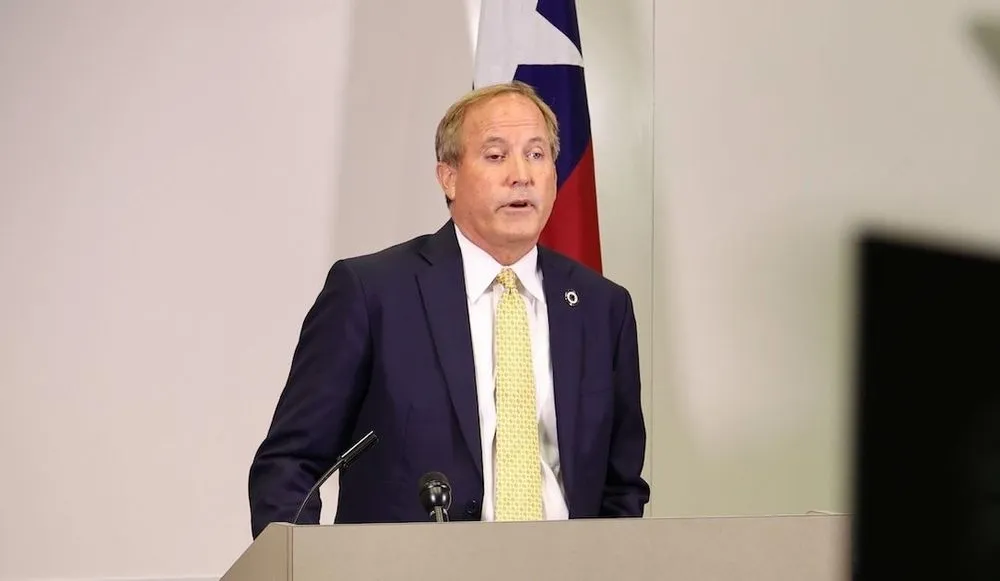GM lawsuit is Texas attorney general’s first shot in privacy initiative
General Motors handled drivers’ data in a “false, deceptive, and misleading” way, according to Texas Attorney General Ken Paxton, who has filed a lawsuit against the company for allegedly violating the state’s privacy laws.
GM pushed drivers to enroll in products that collected their data, then the company sold that data to several other firms, including two that generated “driving scores” and sold that information to insurance companies, Paxton, a Republican, said Tuesday.
“Millions of American drivers wanted to buy a car, not a comprehensive surveillance system that unlawfully records information about every drive they take and sells their data to any company willing to pay for it,” the attorney general said.
The lawsuit comes just weeks after Paxton announced that he was investigating several car companies, including GM, over how they handled the vast amounts of data collected by their connected cars. Recorded Future News first reported on the probes in May.
Earlier this summer he created a new enforcement unit for the Texas Data Privacy and Security Act, which is generally considered one of the more consumer-friendly of such state laws.
The attorney general is seeking a jury trial and civil penalties of up to $10,000 per offense — a potentially huge sum considering there are about 1.8 million affected Texas customers — and wants a court order for GM to destroy the collected data.
The lawsuit applies to every GM vehicle sold in Texas since 2015, when the company started compelling drivers to sign up for technology like OnStar Smart Driver in order to ensure a car’s safety features were activated, the attorney general said.
GM told media outlets that it has been in discussions with Paxton’s office and shares “the desire to protect consumers’ privacy.” The action by Paxton’s office follows a New York Times report earlier this year about the company’s data-handling practices.
The data-collection powers of connected vehicles have been under constant scrutiny in recent months, as automakers develop new technologies and data brokers propose new products that aim to maximize the information. In some cases, data brokers such as Verisk have agreed to shut down certain driver-related products.
Joe Warminsky
is the news editor for Recorded Future News. He has three decades of experience as an editor and writer in the Washington, D.C., area. He previously he helped lead CyberScoop for more than five years. Prior to that, he was a digital editor at WAMU 88.5, the NPR affiliate in Washington, and he spent more than a decade editing coverage of Congress for CQ Roll Call.



